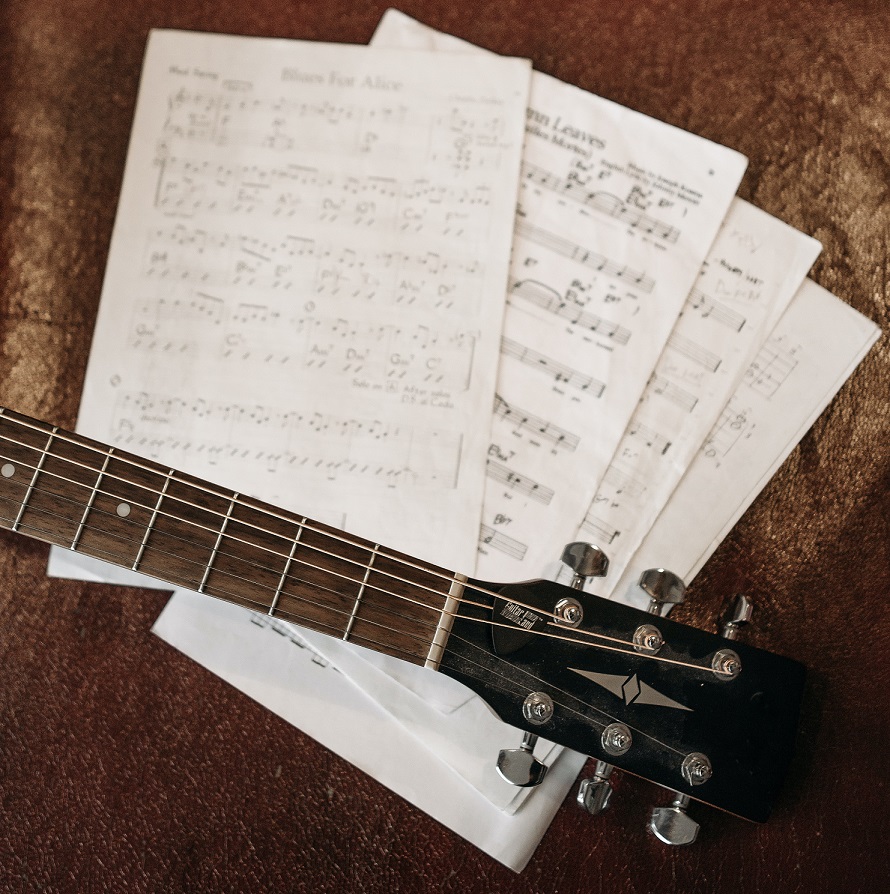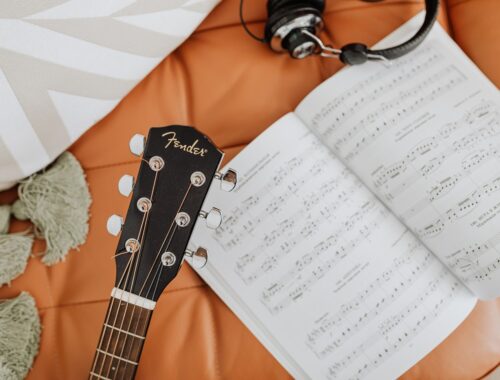
Experiment With Different Chords And Scales: A Guide To Improving Your Music
Music is an art form that has the ability to evoke powerful emotions and connect people from all walks of life. While there are many factors that contribute to a great musical composition, chords and scales are undoubtedly among the most important. Chords provide the harmonic structure of a song, while scales give it its melodic foundation. In this article, we’ll explore why experimenting with different chords and scales is essential to improving your music, and offer some tips on how to do it effectively.
Why Experiment with Different Chords and Scales?
As a musician, it’s easy to fall into the trap of relying on familiar chord progressions and scales. While these may be comfortable and easy to play, they can also become stale and predictable over time. By experimenting with different chords and scales, you can break out of your musical rut and discover new sounds and possibilities.
Experimentation is also important for developing your own unique musical style. While it’s true that many popular songs follow similar chord progressions and scales, it’s the small variations and personal touches that make them stand out. By trying out different chord progressions and scales, you’ll be able to find the ones that resonate with you and create your own unique sound.
Tips for Experimenting with Chords and Scales
1. Start with the basics
Before you can start experimenting with more complex chords and scales, it’s important to have a solid understanding of the basics. Make sure you’re comfortable playing major and minor chords, as well as the major and minor scales. Once you have these fundamentals down, you can start exploring more complex chord progressions and scales.
2. Play around with chord inversions
Chord inversions are a great way to add variety to your chord progressions. Instead of playing chords in their standard root position, try playing them in different inversions. This will change the way the chords sound and can add a new dimension to your music.
3. Experiment with different chord progressions
There are countless chord progressions to choose from, so don’t be afraid to experiment with different ones. Try playing around with the order of chords in a progression, or substituting one chord for another. You might be surprised at the new sounds you can create.
4. Try out different scales
Just like with chord progressions, there are many different scales to choose from. Try experimenting with different modes, such as Dorian or Phrygian, to add new flavors to your melodies. You can also try playing around with the pentatonic scale, which is a popular choice for improvisation.
5. Use a digital audio workstation (DAW)
If you’re not already using a DAW to create music, now is the time to start. DAWs offer a wide range of tools for experimenting with chords and scales, such as MIDI instruments and virtual plugins. You can easily try out different chord progressions and scales, and hear how they sound in real time.
6. Collaborate with other musicians
Collaborating with other musicians is a great way to get new ideas and inspiration. Working with someone who has a different musical background or playing style can push you out of your comfort zone and help you discover new chords and scales.
Experimenting with different chords and scales is an essential part of improving your music. By breaking out of your musical comfort zone and trying new things, you can discover new sounds and possibilities that you might not have otherwise found. Remember to start with the basics, play around with chord inversions and progressions, try out different scales, use a DAW, and collaborate with other musicians. With time and practice, you’ll be able to develop your own unique style and create music that truly speaks to you and your audience.
It’s important to remember that experimentation doesn’t always lead to immediate success. You may try out different chords and scales that don’t quite work, or that you don’t like the sound of. That’s okay – every experiment is a learning opportunity, and even unsuccessful ones can lead to new ideas and inspiration.
Another benefit of experimentation is that it can help you overcome writer’s block. If you’re stuck on a particular section of a song or can’t seem to come up with any new ideas, try experimenting with different chords and scales. This can help you break out of your creative rut and discover new possibilities for your music.
In addition to experimenting with chords and scales, it’s important to continue to develop your technical skills as a musician. Make sure you’re practicing regularly, and seek out opportunities to learn from other musicians or take classes. The more you develop your technical abilities, the more effectively you’ll be able to experiment with different chords and scales.
Record Yourself Playing
You May Also Like

Fingerstyle Guitar Techniques: Crafting Harmonious Melodies with Your Fingertips
July 21, 2023
Use A Metronome
April 7, 2023
